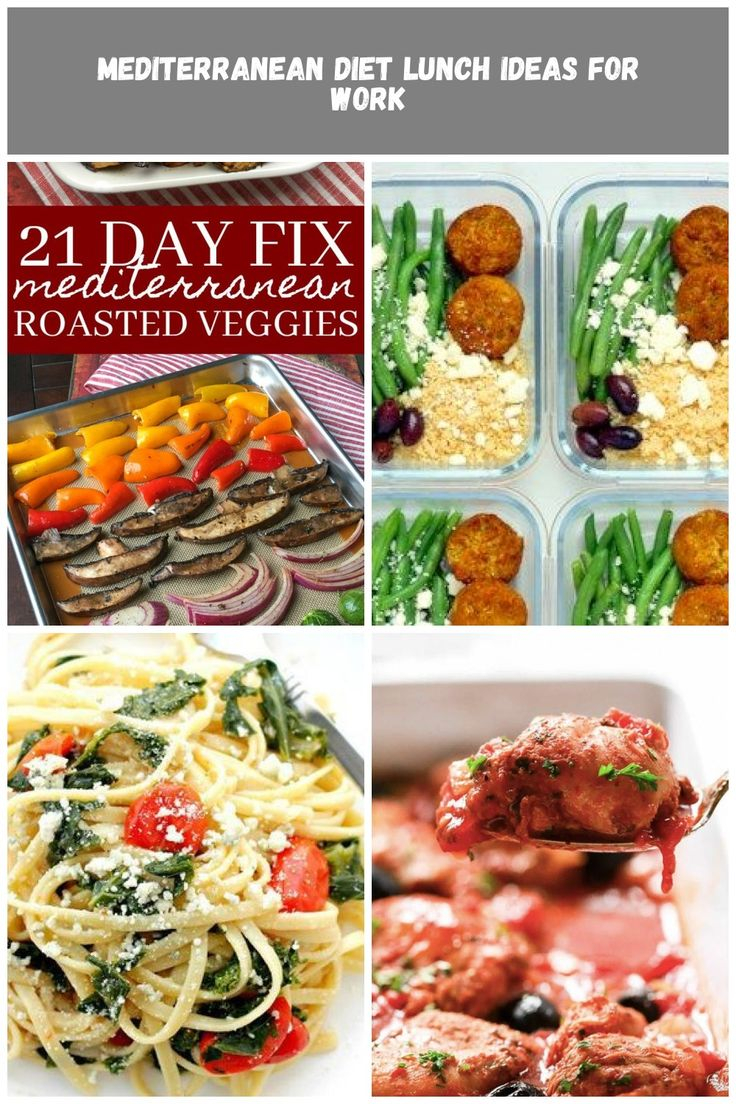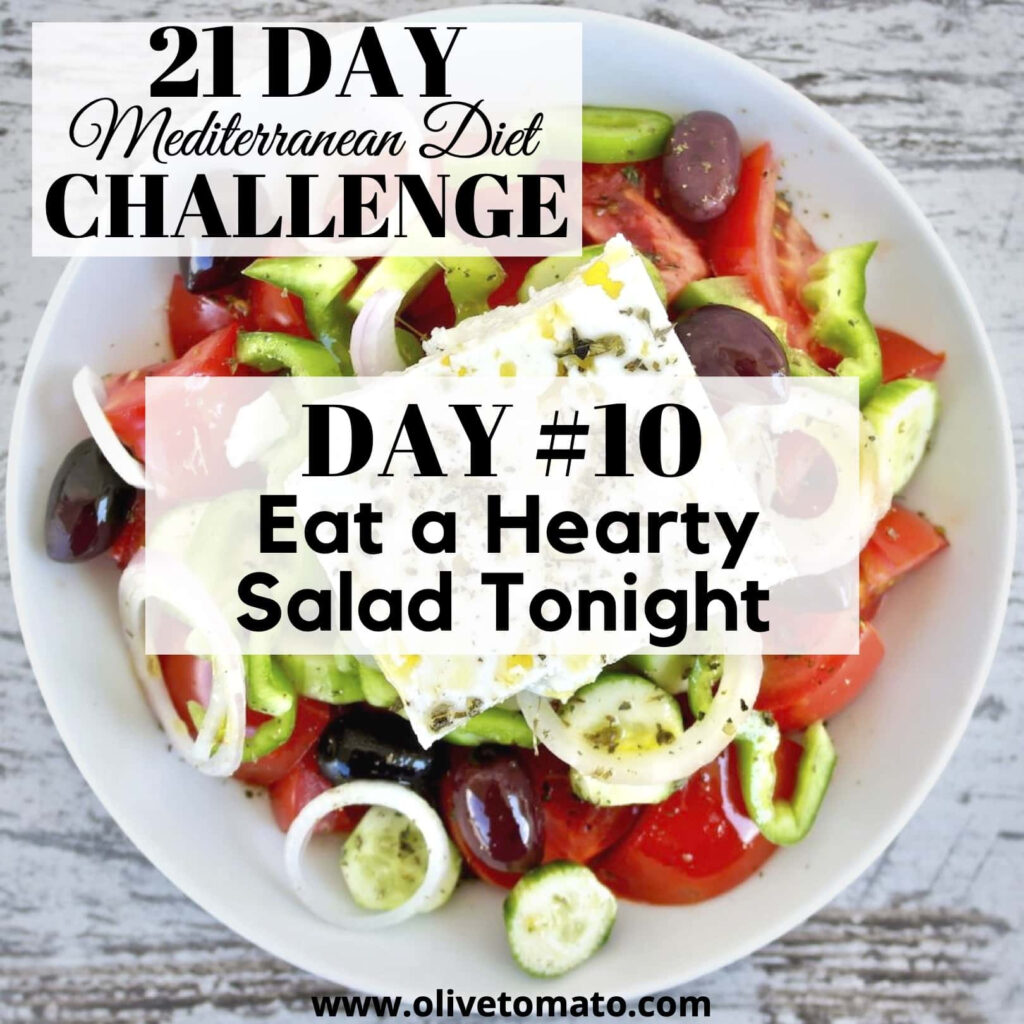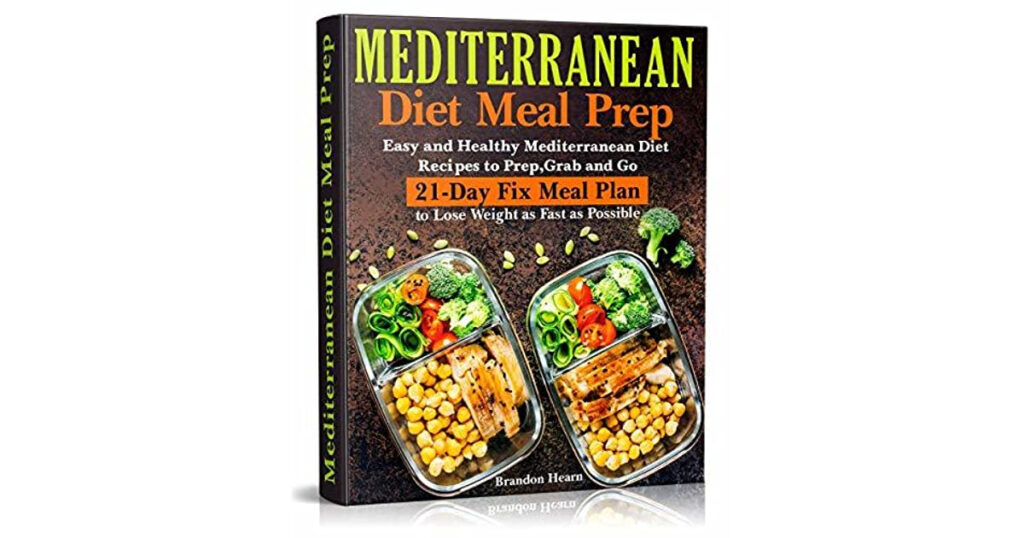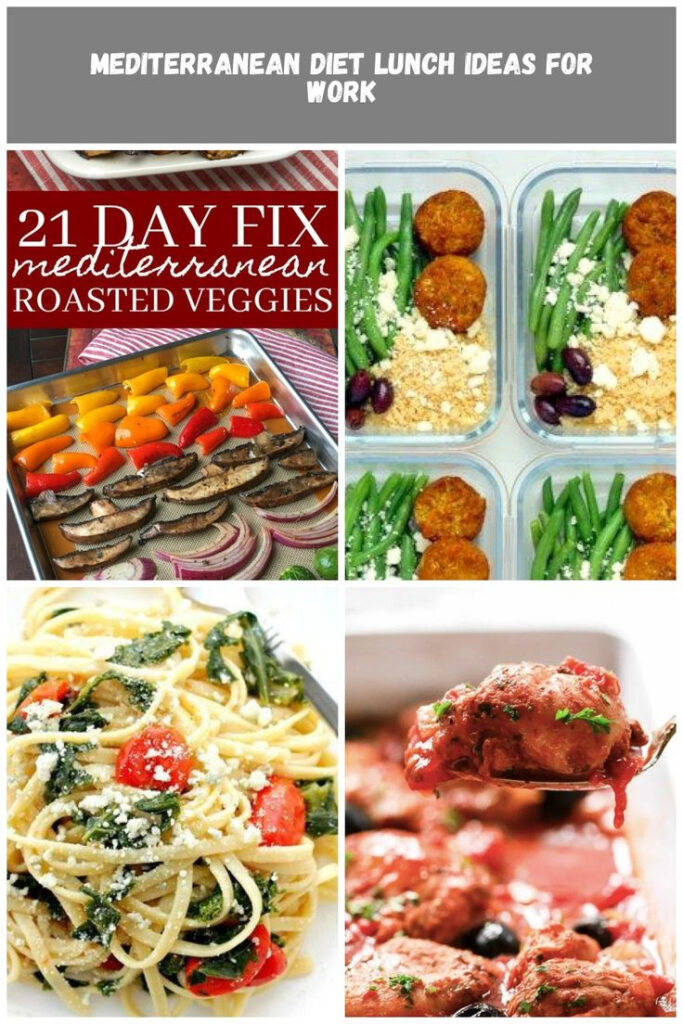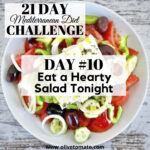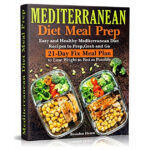21 Day Mediterranean Diet – The Mediterranean diet, a way of food that is heavily influenced by the Mediterranean countries traditional cuisines is one method of eating. It focuses on eating whole, unprocessed foods, including fruits, vegetables, whole grains, legumes as well as seeds, nuts as well as olive oil. It also includes moderate portions of poultry, fish eggs, dairy as well as small amounts of red meat. The Mediterranean diet is a good one for regular exercise as well as sharing meals.
What are the main ingredients in the Mediterranean diet?
21 Day Mediterranean Diet Challenge Day 10 Olive Tomato – 21 Day Mediterranean Diet – 21 Day Mediterranean Diet
The Mediterranean diet is comprised of vegetables, fruits and whole grains, legumes and seeds, nuts and olive oil as well as other basic foods. They are often consumed in their natural, unprocessed form. There are also moderate levels of eggs, poultry, milk, and red meat within this diet. It is crucial to consume various kinds of foods and not just follow strict rules of diet.
What’s not permitted in the Mediterranean diet?
21 Day Fix Mediterranean Diet Health Blog – 21 Day Mediterranean Diet – 21 Day Mediterranean Diet
There are no strict rules about what is not allowed on the Mediterranean diet. The Mediterranean diet generally encourages consumption of whole, unprocessed foods instead of processed, packaged food items. It limits red meat consumption and is a strong advocate of protein sources that are lean, such as chicken and fish. Also, although there’s no list of specific items that should not be consumed on the diet, it’s best to choose various nutrient-rich food items and limiting your intake of processed and high-fat meals.
What can I do to get started on with the Mediterranean diet?
21 Day Fix Mediterranean Roasted Veggies Mediterranean Diet Model – 21 Day Mediterranean Diet – 21 Day Mediterranean Diet
It is possible to begin the Mediterranean diet following these steps:
- Get your hands on Mediterranean staples of your kitchen. Be sure to stock your fridge and pantry with fresh foods like legumes, vegetables, and fruits.
- Add more fruits and vegetables in your meals: Try to make fruits and vegetables the basis of your meals. To have a nutritious option in between meals, add an additional salad to your meal or lunch, or snack on a piece from the fruit section.
- Choose proteins that are lean Choose lean proteins: The Mediterranean Diet focuses on eating low-fat sources of protein like fish and poultry. It also promotes plant-based proteins like lentils, beans, and other legumes. Consider incorporating these food items into your meals frequently.
- Red meat consumption should be limited: The Mediterranean diet limits the consumption of red meat. Consider substituting red meat for other sources of protein, such as fish or plant-based protein sources, every few days.
- Be active. A Mediterranean lifestyle is all about physical activity. Include regular exercise, such as biking or walking, into your routine.
- Spend time with friends and family: Mediterranean food encourages people to share meals and take pleasure in the meal. Make mealtimes an occasion for socializing, so that you are able to connect with your relatives and friends.
